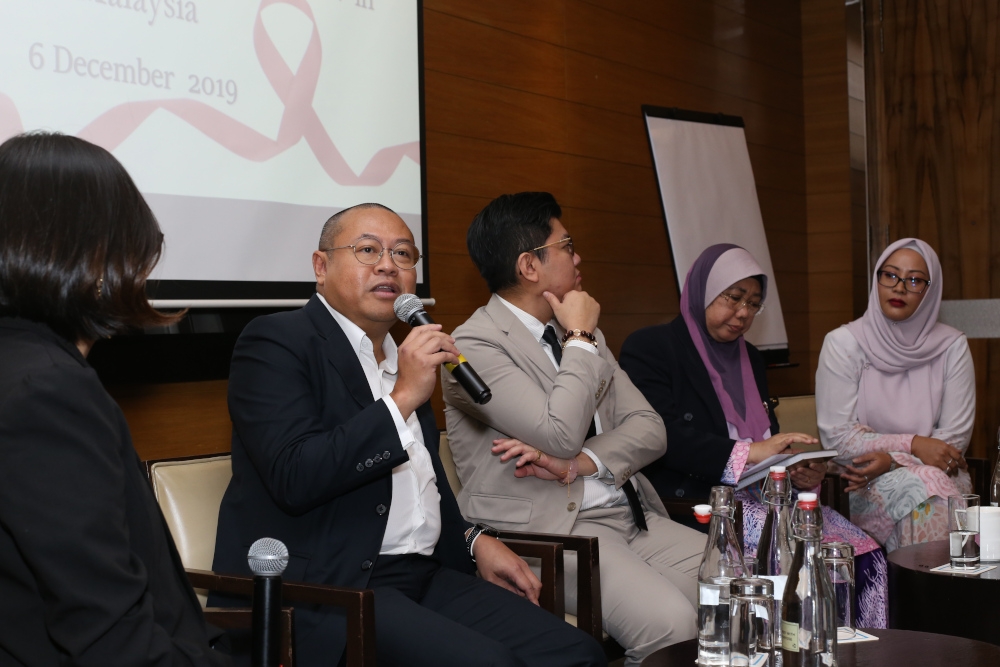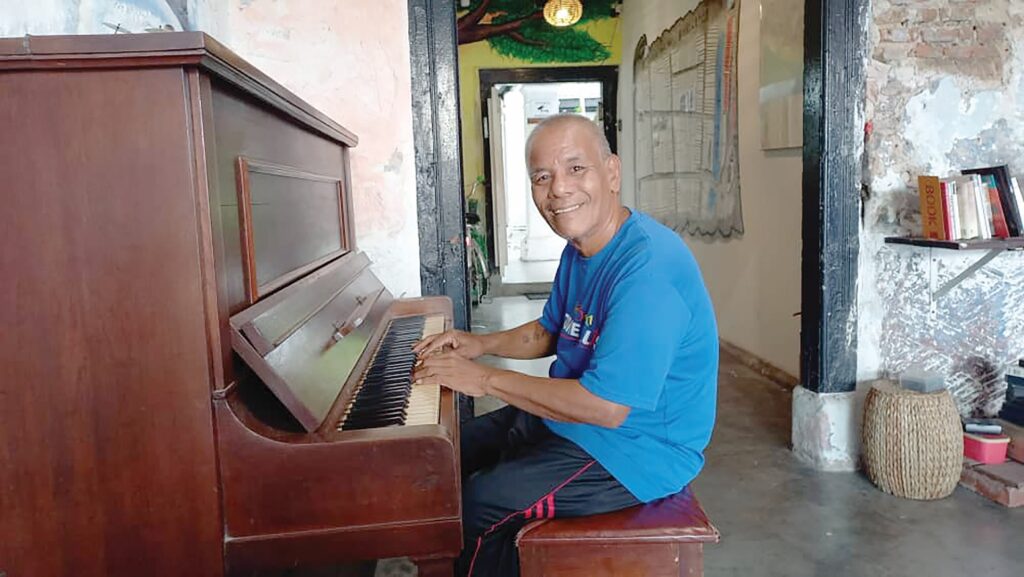JULY 31 — Almost two decades ago, I stood at the frontlines of Malaysia’s HIV epidemic — a time when fear, stigma and silence ruled the discourse around drug use and HIV. The data was grim: some 70 per cent of new HIV infections were among people who inject drugs (PWIDs). We were losing lives, and our response was fragmented at best. We knew something had to change.
What followed was bold and unprecedented. With the support of allies across the Ministry of Health, civil society, law enforcement and religious leadership, we launched the Needle and Syringe Exchange Programme (NSEP) in 2006. At the time, it was politically unpopular. Critics worried it would condone drug use. But we persisted, because science and humanity demanded it. Today, the success is undeniable: HIV transmission among PWIDs and their partners has dropped dramatically. The NSEP saved lives — and transformed mindsets.
Yet despite this progress, the underlying policy framework that criminalises and marginalises people who use drugs remains largely intact. Malaysia’s drug laws continue to emphasise punishment over rehabilitation, incarceration over care. We cannot meaningfully implement harm reduction while treating drug dependence as a moral failing or criminal offence.
This is the core argument: drug policy reform is not just complementary to harm reduction — it is foundational to it.
Without reforming our approach to drugs — legally, institutionally, and socially — our harm reduction efforts will always be constrained. We need a national paradigm shift from punitive drug control to public health-based policies. This means decriminalising personal drug use, investing in treatment and prevention services, and empowering community-led initiatives. Other countries have taken this step — and seen measurable public health and economic benefits.
Portugal, for instance, decriminalised all drugs in 2001, and instead focused on harm reduction, treatment, and reintegration. As a result, drug-related deaths and HIV infections plummeted. Malaysia must take inspiration and adapt such evidence-based models to our context.
And reform doesn’t stop with laws. It requires strong political will, inter-agency collaboration, and courage to lead with compassion. When we launched NSEP, success was only possible because of multisectoral alignment — from the Ministry of Health to the Royal Malaysian Police, from NGOs to the Malaysian Islamic Development Department (JAKIM). This is the same spirit we must reignite for wider drug policy reform.
Regulation, too, is essential. Harm reduction does not mean lack of control — it demands smart, risk-proportionate governance. Whether it’s opioid substitution therapy or access to safer nicotine products, clear and evidence-based regulation ensures both public safety and access to lifesaving tools.
This applies directly to Malaysia’s fast-evolving tobacco and vape landscape. Overregulation can drive people to unregulated markets; underregulation risks misuse and public backlash. The middle path — firmly regulated but widely accessible harm reduction tools — is where real progress lies. This includes decisive measures such as banning high-risk open-system vape devices prone to adulteration, while maintaining strict controls on other products. Regulation should target illicit and poorly regulated outlets through enhanced enforcement — without punishing law-abiding players who operate within compliance.

Bakhtiar Talhah (second left) speaking on a HIV/AIDS advocacy programme. — Picture courtesy of Malaysian AIDS Foundation
Enforcement initiatives like Ops Selamat Paru-Paru (Ops Selamat Papa), recently launched by the Ministry of Health, are an encouraging sign that the government recognises the urgency of the issue. However, enforcement has always been the Achilles’ heel of public health in Malaysia. Raids, confiscations, and press conferences make headlines, but without sustained follow-through, the illicit market adapts and continues to thrive.
For enforcement to succeed, it must be systematic, consistent, and paired with structural reforms: closing loopholes in licensing, disrupting illicit supply chains, and ensuring penalties are applied evenly. Otherwise, Ops Selamat Papa risks becoming another short-lived operation rather than a lasting pillar of harm reduction.
Fiscal policy has a role too. In line with public health objectives, tax rates on vape products should be increased relative to cigarettes and heated tobacco sticks. A balanced tax framework can discourage uptake among youth, align with harm reduction goals for smokers, and generate revenue for health programmes.
Equally important is the role of the private sector. I have seen firsthand how partnerships with foundations like Yayasan Sime Darby and corporate leaders such as Sunway Group have amplified impact in the HIV and health space. With strategic backing from the Ministry of Finance, the private sector can support innovation, financing, and delivery of sustainable harm reduction programmes.
Religious authorities, particularly in Malaysia’s Islamic context, have been instrumental in reframing harm reduction as a moral obligation to protect life. Fatwas and views that support methadone programmes and needle exchanges helped legitimise these interventions within the Muslim community. This synergy between faith and evidence is uniquely Malaysian — and powerful.
This is why I founded Humanize Malaysia. We are a bridge — linking corporate actors, policymakers, civil society, and communities to drive sustainable change. Our mission is to humanise health, to put people — not ideology — at the centre of policy.
The broader opportunity is this: harm reduction must evolve into a cornerstone of Malaysia’s public health strategy — not just for HIV, but also for challenges like alcohol abuse, tobacco dependence, rising sugar consumption, and synthetic drug use. Every one of these issues shares a common truth: punitive responses fail. People do not need punishment — they need options, support, and dignity.
Across the globe, countries that embraced harm reduction and reformed outdated drug laws are saving lives, reducing crime, and cutting costs. Japan’s shift to heated tobacco products has already shown public health benefits and cost savings. In New Zealand, support for safer nicotine products helped halve adult smoking rates in just five years. Malaysia can, and must, be a leader in this space.
We already know what works. Data-led policy. Bold political leadership. Corporate partnership. Community empowerment. Religious engagement. These are not new ideas — they are proven ingredients. But they require one thing above all: the courage to shift from criminalising to caring.
Let us not wait for another epidemic to force our hand. Let’s build on our past successes. Let’s expand harm reduction and truly put health and humanity first.
Let’s humanise policy. Let’s humanise health.
* Bakhtiar Talhah is the CEO of Humanize Malaysia, trustee of the Malaysian AIDS Foundation, and former president of the Malaysian AIDS Council.
** This is the personal opinion of the writer or publication and does not necessarily represent the views of Malay Mail.






